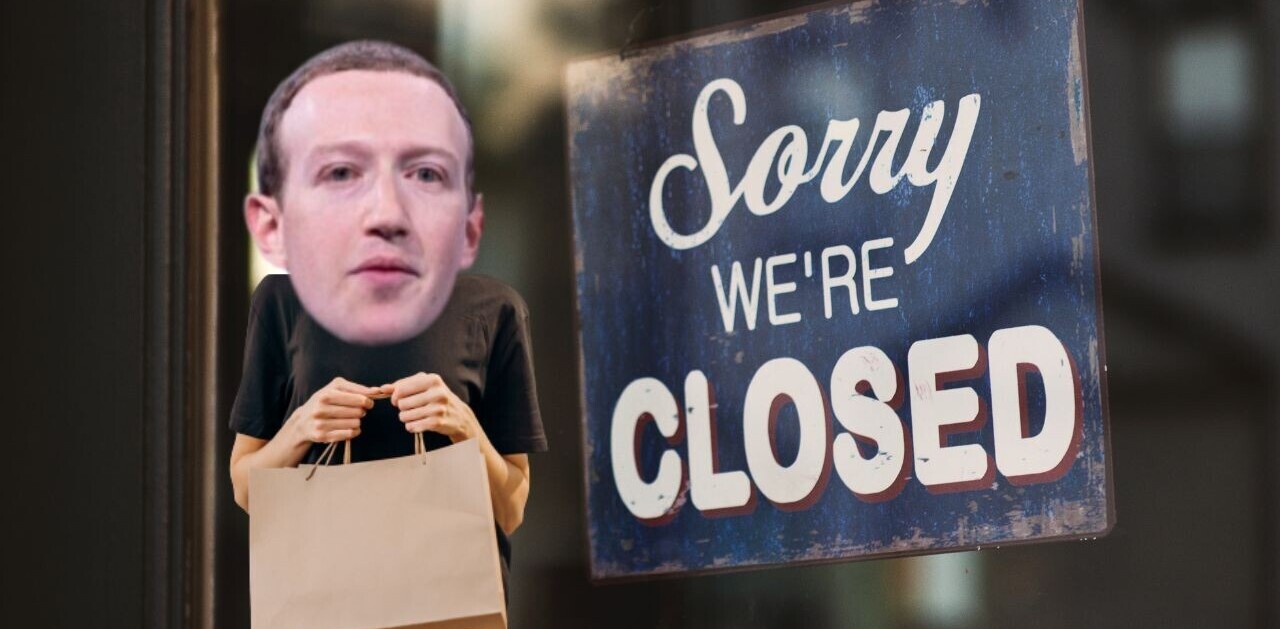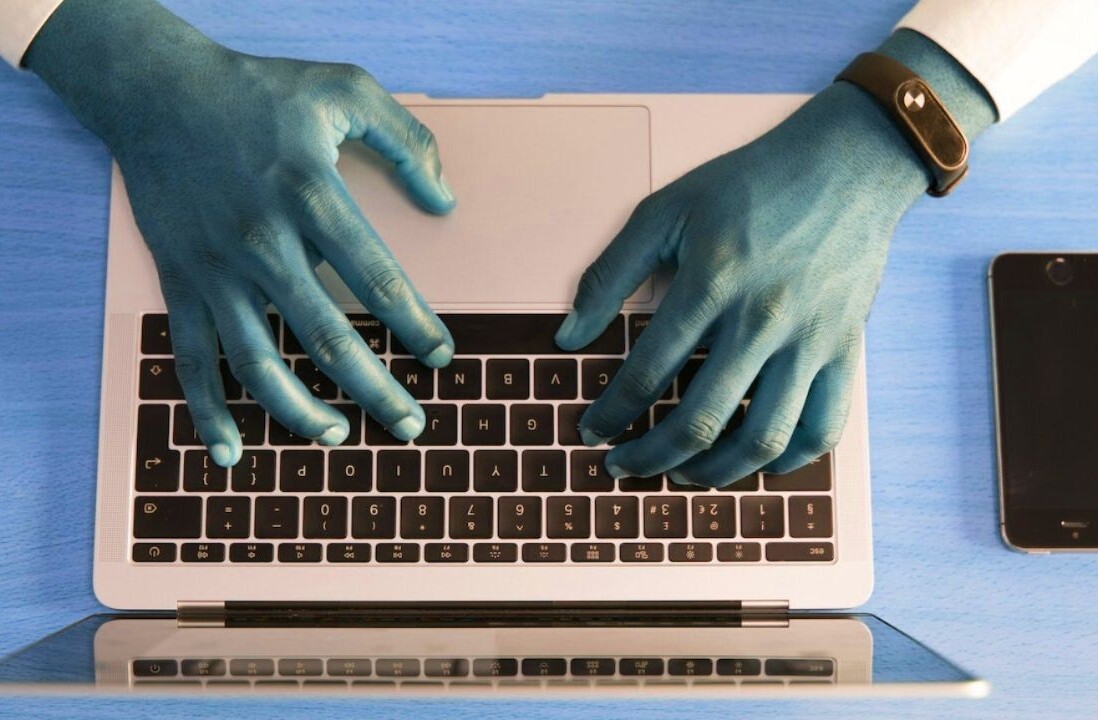
COVID-19 caught us all off guard. While many businesses worldwide struggle to make ends meet, the pandemic hit the travel and hospitality industry particularly hard.
Airlines are laying off thousands of staff members. COVID-infected cruise ships are blocked at ports. Hotel chains are wondering if they’ll be able to survive this financial year. Overall, things are looking anything but rosy.
My company is no exception. Like many companies, we’re rolling with the punches and making the best of a bad situation. Our COVID-19 response strategy draws heavily on the lessons learned from the 2008 global financial crisis.
Chief among these is the importance of building and sustaining resilient communities. We now know that strong human networks are essential for businesses to be able to withstand challenges and long-term uncertainty.
[Read: Most mobile apps suck — here’s how to fix them]
The 2008 crisis: Lessons learned
The companies that were able to survive and thrive in the aftermath of the 2008 crisis were the ones that had smart financial planning, brought real value to their customer base, and invested in their people.
That last component is often overlooked in business reports and analyses. After all, how does one measure intangible phenomena like team spirit, a sense of belonging, and community resilience? The lack of an objective metric does not trivialize the need to focus on the human element.
Pixar is a textbook example. In a 2008 piece, the company’s then-president Ed Catmull famously wrote that the job of managers is not to avoid risk but rather to build the capacity to recover quickly when failures inevitably occur.
He claimed that Pixar’s success was due to the company’s person-centered philosophy with a focus on nurturing a vibrant and supportive community that helps individuals thrive. The result was a loyal team of creative and talented people united by a common mission.
Most companies, whether they are aware of this or not, espouse an individualistic and results-driven corporate culture. Don’t get me wrong — results are important. However, they can be difficult to achieve when your team is undermotivated because of a lack of managerial support.
I’m convinced that the only way to build a business model that is both resilient and sustainable is through fostering mutual trust, support, and care for our employees and partners.
How we are supporting our partners
We have over 250,000 affiliate marketers, all of whom receive a percentage of the travel deals they sell through their websites. For some, the commissions they receive through our platform are their main or only source of income. Now, with global travel all but suspended, they find themselves in dire straits.
Our partners are absolutely essential to our business model. In fact, our company could not exist without our network of affiliates. That is why, even though the company itself is going through hard times, we decided to support our community as much as we could during the pandemic. Here’s how.
Our reimbursement scheme
First, we tracked every single flight or booking that was canceled since the outbreak of the COVID-19 pandemic. Then, we reimbursed our affiliates for all failed transactions for the whole month of April. We plan to do the same for May, when total compensations are expected to reach well over $100,000.
Positive feedback from our affiliates is what keeps the team motivated. After this crisis is over, a strong community and our partners’ trust would be the most important for us.
How much we invest in our people now will determine our success in the future. We cannot abandon our affiliates in times of crisis and expect them to want to work with us when things get better.
Resources on crisis management
With global tourism on hold for the foreseeable future, my team has been keeping busy by developing educational resources to help our community members get through the pandemic relatively unscathed.
We created a COVID-19 Survival Kit for Travel Bloggers. The guide covers pressing topics such as the latest developments in the travel market, strategies , and tactics for making the most of the current situation, future projections for the industry.
Our next initiative was a webinar on COVID-19 survival strategies for travel bloggers based in Canada, India, the UK, the US where they connected with each other to discuss pressure issues.
Final thoughts
In a 2009 piece for the Harvard Business Review, Henry Mintzberg, a professor of management studies at McGill University in Montreal, popularized the term “communityship.”
He argued that it was a much-needed and long-overdue concept that complements traditional notions of leadership. Instead of managing companies top-down, managers should start leading center-out, reaching out to the wider ecosystem that surrounds and makes all businesses possible.
I feel we should seek to put “communityship” at the center of everything that we do. We aim to support our employees, partners, and affiliates and see them through the current pandemic and any future crises. Together, we can rise better and stronger.
So you like our media brand Growth Quarters? You should join our Growth Quarters event track at TNW2020, where you’ll hear how the most successful founders kickstarted and grew their companies.
Get the TNW newsletter
Get the most important tech news in your inbox each week.





